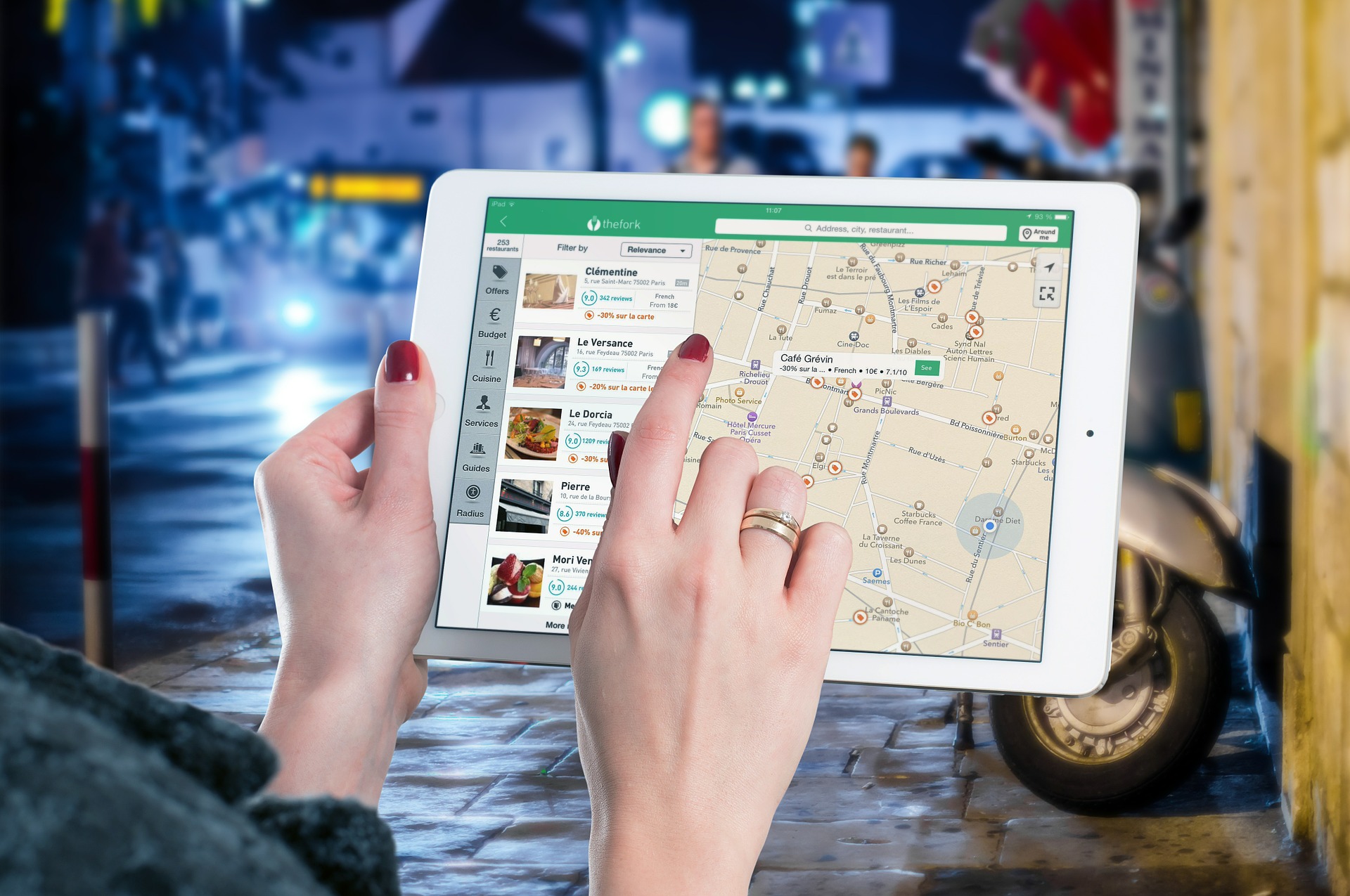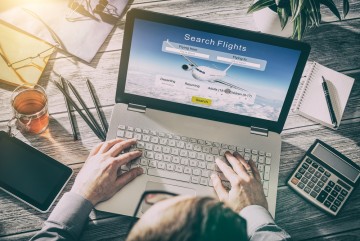
Benefits of Travel and Tourism Mobile Apps
Today mobile apps have become an integral part of every business, and travel and tourism are no exception to this. In fact, mobile app development plays a very important role in the travel industry today. Mobile apps make it easy and fast to communicate with travel companies, book tickets, book rooms, and search for good deals. The use of mobile apps for traveling will increase and continue to evolve in the coming days.
Some Interesting Facts of Travel & Tourism Apps
- smartphones to plan their travel when on leisure tours
- mobile apps to find the best hotel and flight deals
- download travel apps to plan a trip ahead
- Travel & Tourism related apps rank as the 7th most downloaded category of apps
Travel & Tourism Mobile Apps For
- Use map features Search Restaurant Use GPS For Directions Search HotelSearch engine activities and attractions Check-in prior to the flight Buy TicketsLook For Public Transportation Look for shopping Search for Hotel Check Weather
Travel and tourism mobile apps offer numerous benefits to both travelers and businesses in the industry. Here are some of the key advantages:
1. Convenience: Mobile apps provide a convenient way for travelers to plan, book, and manage their trips. Users can access a wide range of services, including flight and hotel bookings, car rentals, tour reservations, and ticket purchases, all in one place. It eliminates the need for multiple websites or physical agencies, streamlining the travel process.
2. Real-Time Information: Mobile apps can deliver up-to-date information on flights, accommodation, transportation, attractions, and more. Users can receive instant notifications regarding delays, cancellations, gate changes, or any other important updates, enabling them to make timely adjustments to their plans.
3. Personalized Experiences: Travel apps often offer personalized recommendations based on user preferences, previous bookings, and location data. This allows travelers to discover tailored suggestions for attractions, restaurants, events, and local experiences that match their interests, enhancing their overall trip experience.
4. Navigation and Maps: Mobile apps with integrated maps and navigation features help travelers find their way around unfamiliar destinations. They can access detailed maps, get directions, find nearby points of interest, and even navigate public transportation systems, reducing the stress of getting lost and optimizing travel time.
5. Local Information and Guides: Travel apps often provide comprehensive information about the destinations, including details about local attractions, landmarks, historical sites, cultural events, and dining options. This wealth of information assists travelers in exploring and immersing themselves in the local culture.
6. Booking and Payment Flexibility: Mobile apps enable users to make bookings and payments at their convenience. Travelers can quickly compare prices, check availability, and secure reservations on the go. Moreover, mobile payment options facilitate seamless transactions, eliminating the need for cash or physical cards
7. Customer Support: Many travel apps provide customer support features such as live chat or chatbots to assist travelers with their inquiries, concerns, or issues. This enhances the overall customer experience by offering prompt assistance and ensuring a smooth journey.
8. Travel Itinerary and Organization: Mobile apps allow travelers to create and manage their travel itineraries, storing important information such as flight details, hotel bookings, and activity reservations in one place. This helps users stay organized, access their plans offline, and have a seamless travel experience.
Overall, travel and tourism mobile apps provide travelers with convenience, personalized experiences, real-time information, and a range of services at their fingertips. They streamline the travel process, enhance the overall travel experience, and empower users to make informed decisions while exploring new destinations.

.jpeg)




















